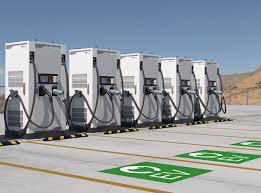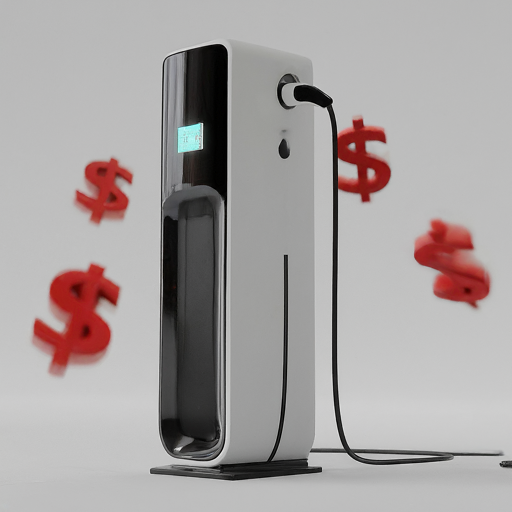8
94
Efficiency can cut EV prices by $5k, charging costs by nearly a third
(www.greencarreports.com)
10
27
5,900 e-buses are in operation in Latin America, with BYD, Foton and Yutong leading
(www.sustainable-bus.com)
11
3
16
9
23
17
GM’s Bright Idea? Drop BrightDrop Name, Fold EV Van Business Into Chevrolet
(www.motortrend.com)
25
10
view more: next ›
Electric Vehicles
3075 readers
43 users here now
A community for the sharing of links, news, and discussion related to Electric Vehicles.
Rules
- No bigotry - including racism, sexism, ableism, homophobia, transphobia, or xenophobia.
- Be respectful, especially when disagreeing. Everyone should feel welcome here.
- No self-promotion
- No irrelevant content. All posts must be relevant and related to plug-in electric vehicles — BEVs or PHEVs.
- No trolling
- Policy, not politics. Submissions and comments about effective policymaking are allowed and encouraged in the community, however conversations and submissions about parties, politicians, and those devolving into general tribalism will be removed.
founded 1 year ago
MODERATORS

